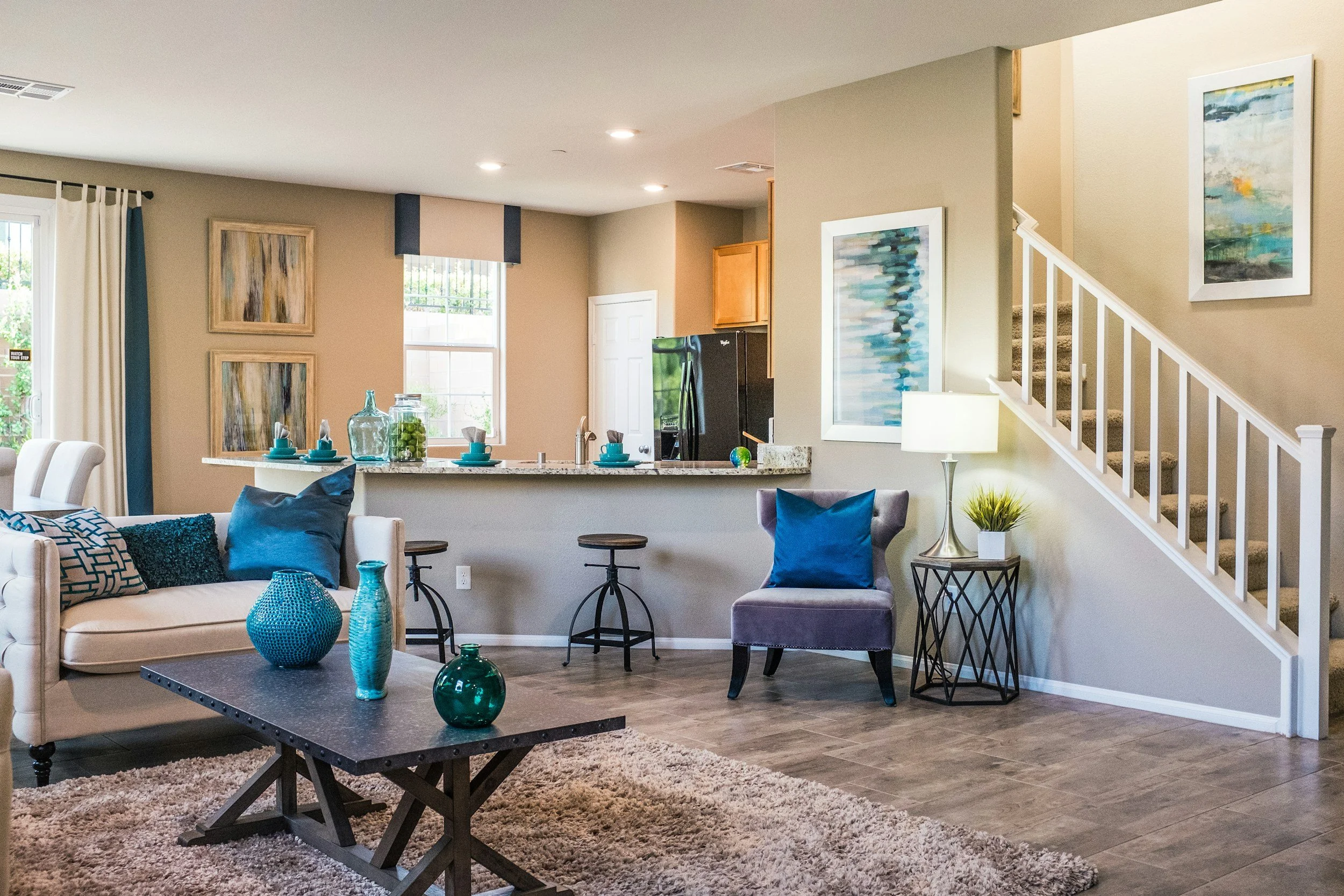First Time Home Buyer?
Owning a home is a significant milestone and a dream for many, but it's essential to be financially and mentally prepared for the responsibilities that come with it. Homeownership involves more than just having the freedom to have pets or paint your walls any color; it includes managing a mortgage, paying property taxes, and handling ongoing maintenance.
Did you know that, according to the U.S. Census Bureau, approximately 65% of Americans are homeowners? This dream is attainable, but it requires careful planning. Before taking the plunge, it's crucial to assess your financial situation, including your credit score, savings, and debt-to-income ratio. Additionally, consider the long-term costs of homeownership, such as utilities, insurance, and potential repairs.
Understanding these responsibilities and preparing for them can make your journey to homeownership a happy and fulfilling experience. Take the time to critically evaluate your finances and expectations to ensure you're ready to embark on this exciting path.
Common Questions for First Time Home Buyers
-
Owning your own home is more than just having the freedom to decorate any way you like; it's about being prepared to maintain and care for your property over the years. This includes understanding that a portion of your income and time will be dedicated to repairs and upkeep. Homeownership means accepting the risks and responsibilities with a realistic view of the rewards.
-
According to financial experts, it's advisable to keep your housing costs below 30% of your monthly income to avoid financial strain. By purchasing a modest home now, you can manage your budget more effectively, build equity, and improve your financial stability. This strategy allows you to gradually work towards owning your dream home without compromising your financial well-being.
-
Lenders place significant importance on your debt-to-income ratio when considering your mortgage application. Typically, your total debt should not exceed 40% of your income, and housing expenses should be no more than 32%. The purchasing power of that 32% varies greatly depending on the location.
For instance, in rural or economically depressed areas, 32% of your income might secure a spacious home with plenty of land. Conversely, in popular urban centers, the same percentage might only afford a small apartment. According to the National Association of Realtors, the median home price in urban areas can be over double that of homes in rural regions, highlighting the stark contrast in real estate markets. Understanding these financial benchmarks can help you make informed decisions about where and what to buy.

